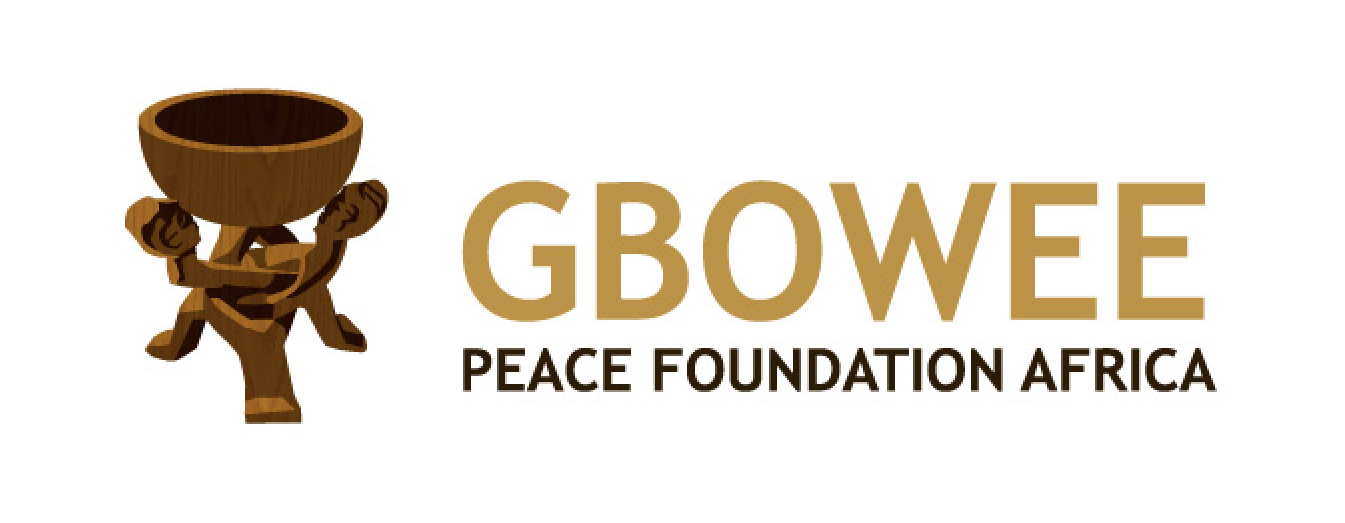THE 8TH ANNUAL PEACE THROUGH FAIR PLAY(PTFP) YOUTH CAMP
From July 6th to 12th, 2024, the Gbowee Peace Foundation Africa hosted its 8th Annual Peace Through Fair Play (PTFP) Youth Camp in Zorzor, Lofa County. This transformative initiative brought together 50 young campers from towns, cities, and villages across Lofa County under the theme: "Engaging Youth, Embracing Leadership, and Enhancing Peace."
The camp aimed to cultivate leadership and peacebuilding skills among participants through interactive workshops, sports activities, and collaborative projects. By emphasizing fair play, tolerance, and conflict resolution, the initiative empowered young individuals with the tools to positively impact their communities and contribute to sustainable peace.
Through this immersive experience, the PTFP Youth Camp continues to inspire and equip young leaders, fostering a generation dedicated to peace and progress in Liberia.
